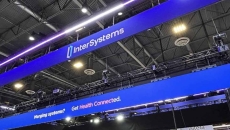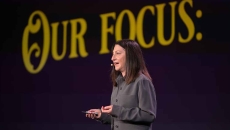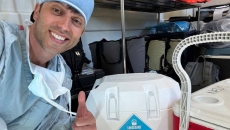Bill Siwicki
In a HIMSS25 interview, a consultant specializing in the Electronic Medical Record Adoption Model walks through the process and discusses plans for the hospital to hit Stage 7.
Chris Althoff, an EVP at emtelligent, says generic artificial intelligence systems lack the specialization needed to navigate medical terminology and the unique operational realities that exist across health systems.
The electronic health record, called IntelliCare, uses the latest AI technology with the aim to enhance workflows and optimize operations for health systems undergoing rapid digital transformation.
Three execs from the Georgia health system will present all the results and much more in a HIMSS25 session, revealing how a multidisciplinary team approach will help ensure success with the technology.
Dr. Colin Banas of DrFirst says AI innovations, for one thing, are eliminating long hold times and back-and-forth calls between providers, insurers and pharmacies – easing frustration and giving patients greater control over their care.
What's more, find vendors flexible to expand to a hospital's innovative use cases and creative enough to explore the art of the possible, Martin Hougaard of the master data management vendor is advising HIMSS25 attendees.
Without short-term change, execs believe tech doesn't live up to its billing and go back to business as usual – then, they wake up and the whole world is different and they have fallen behind, warns FDB president at HIMSS25.
The 'agentification' of health IT that integrates AI and automation is enabling a real-time reimagining of practice operations, workflows and the patient-provider experience, the EHR vendor president says.
The HIT landscape is evolving toward tools that support tangible improvements in direct care delivery, diagnostic accuracy and the preservation of meaningful human connections, Kem Graham of EHR vendor CliniComp says at HIMSS25.
So says Artisight CEO Andrew Gostine. Hospitals of the future will rely on real-time data capture, predictive analytics and intelligent automation to scale care while improving both the patient and clinician experience, he adds.










